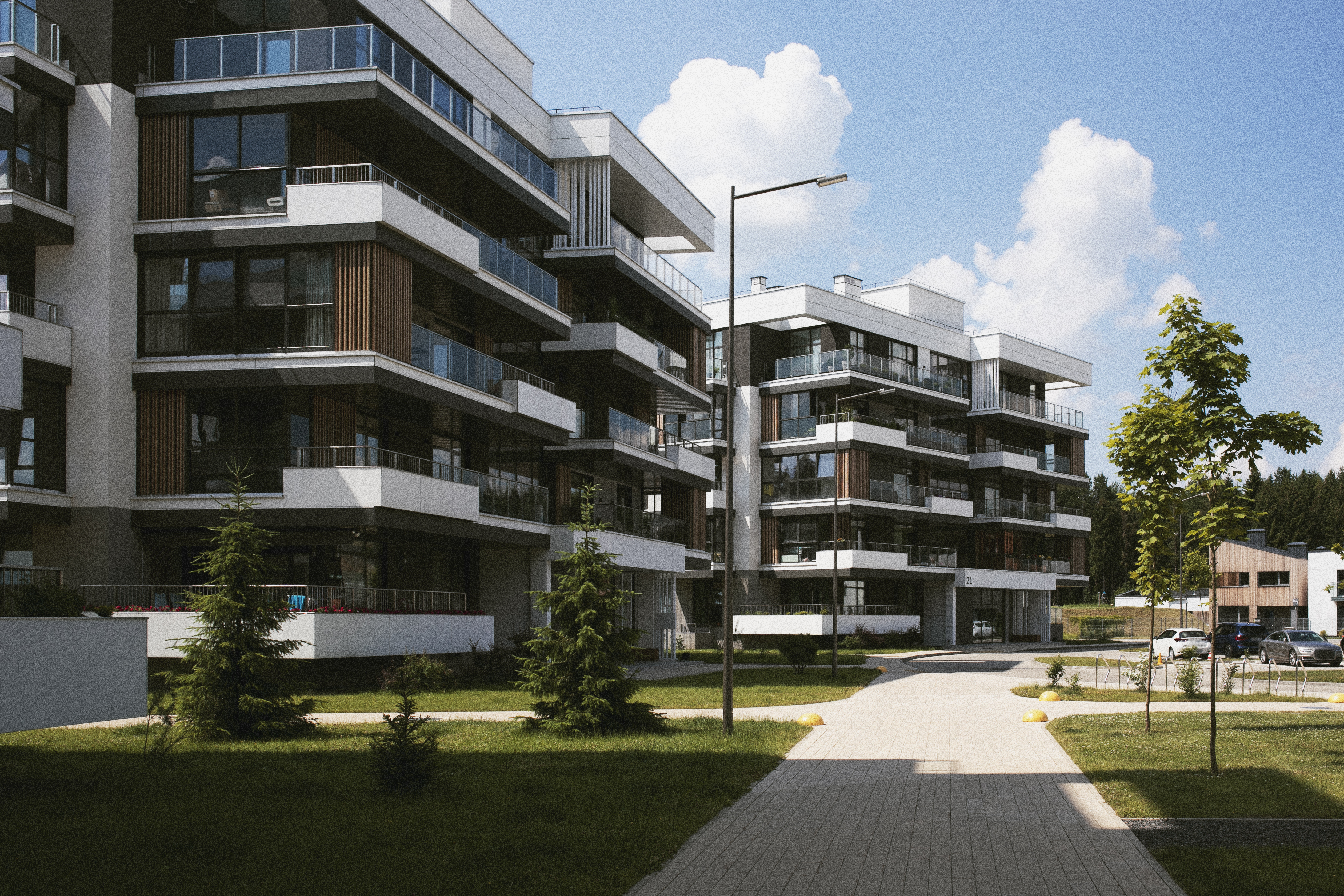Luxury Living and Smart Investing: A Balanced Approach to Real Estate

Luxury real estate has long been associated with exclusivity, prestige, and high-end living. However, in today’s market, savvy buyers are not just looking for opulence—they also want financial security and long-term value. Striking the right balance between luxury living and smart investing requires a strategic approach that considers market trends, property appreciation, and lifestyle goals.
Understanding the Value of Luxury Real Estate
Real estate professionals, including Alan Stalcup, emphasize that luxury properties are not just about prestige but also long-term value. With factors like prime location, architectural uniqueness, and limited availability, these properties can serve as both a lifestyle upgrade and a strategic financial investment.
However, luxury real estate is also an investment. Unlike traditional properties, high-end real estate often holds its value well, especially in sought-after markets. Factors such as limited supply, growing demand, and unique architectural elements contribute to appreciation over time. To maximize returns, investors should focus on locations with strong economic growth, desirable neighborhoods, and proximity to key lifestyle amenities like shopping, dining, and entertainment.
Finding the Right Balance Between Lifestyle and Investment
A well-balanced real estate strategy blends personal enjoyment with financial wisdom. If you’re buying a luxury property, consider the following factors to ensure it meets both lifestyle and investment needs:
-
Market Trends: Research historical property values and future market predictions. Areas experiencing steady economic growth and infrastructure development are likely to offer higher appreciation rates.
-
Rental Potential: If the goal is to generate income, consider whether the property is located in a high-demand rental market. Short-term rentals in tourist hotspots or corporate housing in business districts can provide strong returns.
-
Long-Term Viability: Choose properties with timeless appeal. Classic architecture, high-quality materials, and modern amenities ensure a property retains its value over time.
-
Resale Considerations: Even if you plan to live in the home, think ahead about its resale potential. Factors like layout, maintenance costs, and neighborhood desirability will influence its future marketability.
Smart Investment Strategies for Luxury Properties
Luxury real estate requires a different investment approach than standard properties. Here are some key strategies to consider:
-
Diversification: Avoid putting all your resources into a single property. Consider spreading investments across different locations or property types, such as vacation homes, urban condos, and suburban estates.
-
Leverage Financing Wisely: While cash purchases are common in luxury real estate, leveraging financing options can free up capital for other investments. Low-interest mortgage rates can be beneficial if structured strategically.
-
Work with Experts: Luxury real estate markets can be complex, so partnering with experienced realtors, financial advisors, and property managers can help you make informed decisions.
-
Prioritize Quality Over Size: A smaller, well-located luxury condo with premium amenities may offer better returns than a sprawling estate in an area with limited demand.
The Future of Luxury Real Estate
Luxury living and real estate investing are evolving, with sustainability, smart home technology, and wellness-focused amenities becoming key considerations for buyers. Properties with energy-efficient features, wellness spaces, and state-of-the-art security systems are gaining popularity among high-net-worth individuals.
When lifestyle goals align with smart investment strategies, buyers can enjoy both luxury living and long-term financial gains. Whether purchasing for personal comfort or wealth accumulation, strategic planning ensures success in the luxury real estate market.










